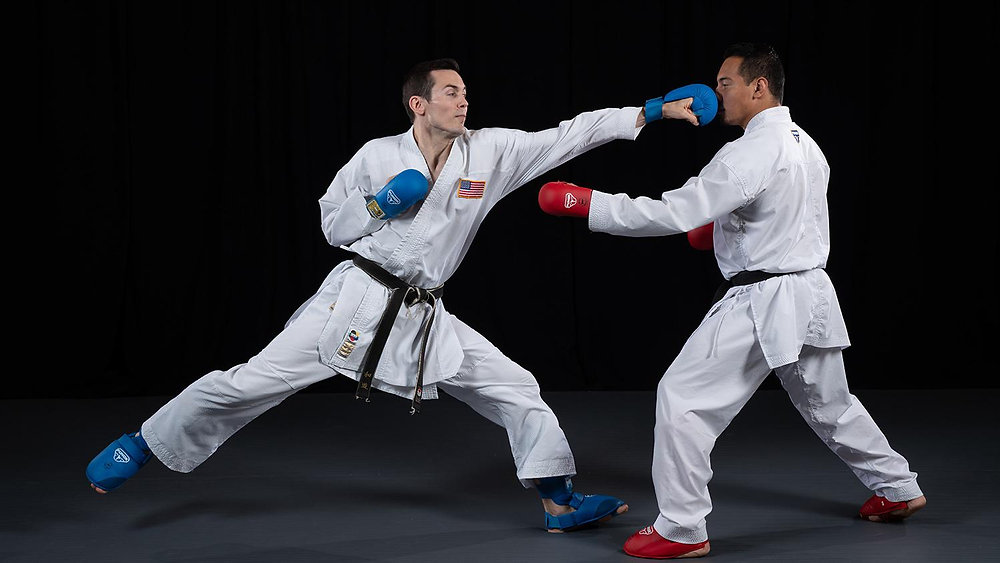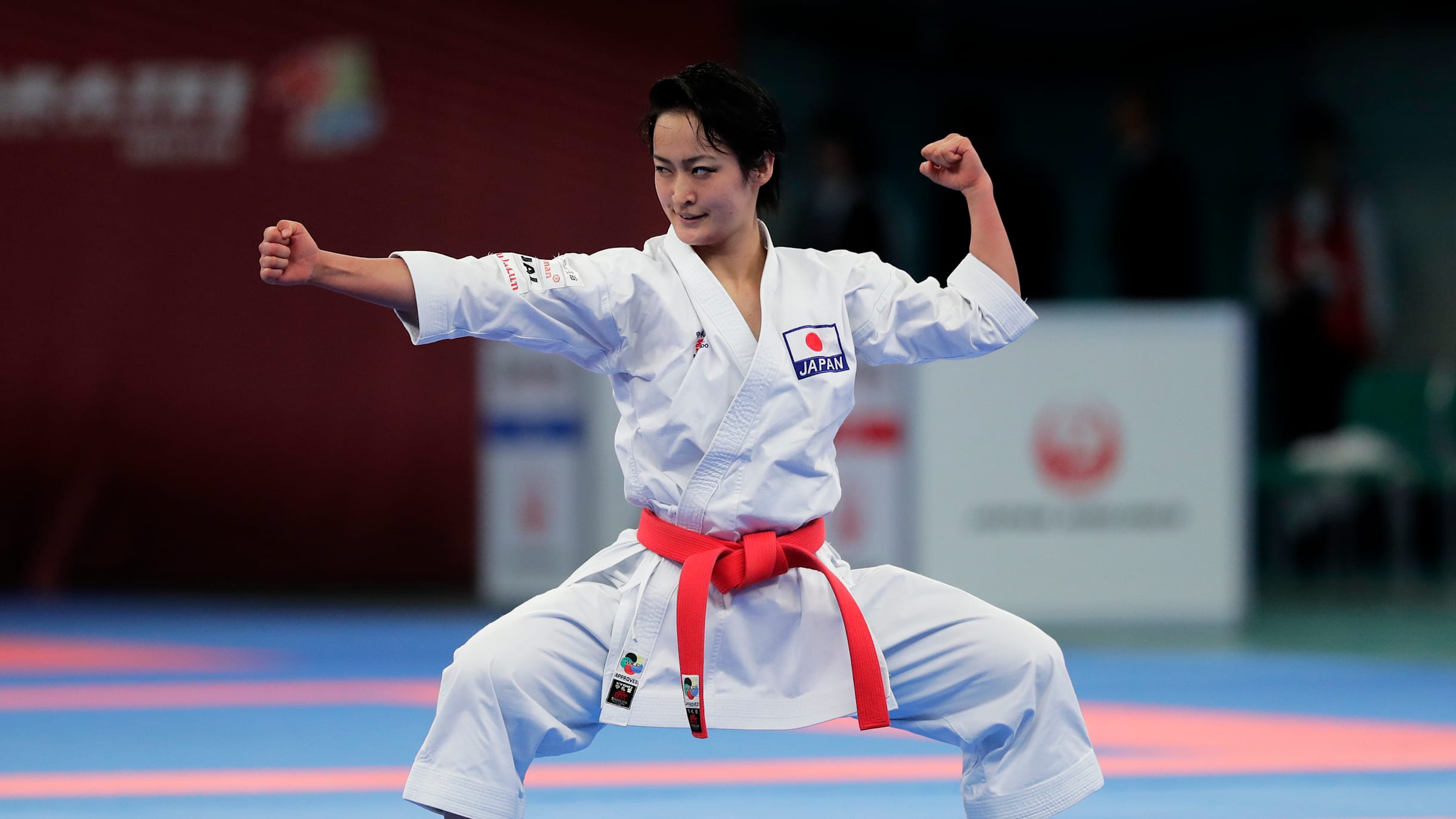Master the art of Karate, an ancient martial art that is not just about striking punches and high kicks, but about inner strength and self-discipline. This comprehensive guide will delve into the intricacies of mastering Karate and real-life self-defense strategies for every situation. We aim to equip you with the skills and knowledge needed to protect yourself and your loved ones in any eventuality.
We will journey through the fundamentals of Karate, breaking down its principles, techniques, and the mindset required to master this martial art. The focus will be on real-world application and effectiveness, ensuring that what you learn can be put to use when it matters most. From hand-to-hand combat techniques to managing armed threats, the scope of this guide covers a wide array of situations.
The goal is to empower you. Empower you with the confidence that comes from knowing you can defend yourself. Empower you with the understanding that self-defense is not just physical, but mental and emotional as well. With this guide, you will learn not only how to react in threatening situations, but how to prevent them from escalating in the first place.
More than just a martial art, Karate is a way of life. It teaches discipline, respect, and humility. It instills a sense of purpose and boosts self-esteem. This guide will explore these aspects of Karate, showing you how it can positively influence your daily life.
Are you ready to embark on this journey towards self-discovery and self-defense mastery? Then, let’s dive in and learn about “Mastering Karate: Real-life Self-Defense Strategies for Every Situation”. This isn’t just about learning a martial art; it’s about gaining a new perspective on life and personal safety. 💪🥋
Understanding the Basic Principles of Karate
Karate is a martial art rooted in the principles of discipline, precision, and self-defense. To master Karate, it is essential to first understand its foundational philosophies.
Focusing on the Mind and Body
Karate is not solely a physical endeavor. It is a martial art that emphasizes the unity of the mind and body. Practicing Karate encourages a higher state of mental concentration and physical strength. For instance, in executing a punch or a kick, the physical act is often accompanied by a mental focus. This synchronization of mind and body enhances the effectiveness of the attack and defence.
Importance of Kihon
Kihon, or basics, is a critical component in Karate. It includes stances, punches, kicks, and blocks. Mastering Kihon requires constant repetition to refine the techniques, ensuring that each movement becomes second nature.
- Stances: They provide a solid foundation and balance.
- Punches: They are primarily used for striking opponents.
- Kicks: These are powerful techniques used to destabilize opponents.
- Blocks: They are defensive maneuvers that protect from attacks.
Developing Advanced Techniques and Strategies
After mastering the basics, the next step involves learning and perfecting advanced techniques. These techniques often involve complex movements and strategies that require a high level of skill and understanding.
Kata: The Art of Sequenced Movements
Kata is a series of choreographed movements that simulate combat situations. It is an integral part of Karate training as it allows students to practice defensive and offensive techniques in a controlled environment. Through Kata, practitioners can enhance their precision, timing, and coordination.
Kumite: The Practice of Sparring
Kumite, or sparring, is another essential aspect of Karate. It allows practitioners to apply the techniques learned in Kihon and Kata in a dynamic setting. Sparring can range from controlled drills to full-contact bouts, depending on the skill level of the practitioners.

Applying Karate Techniques in Real-Life Situations
Karate is not just about fighting in a dojo; it’s about being prepared for real-life situations. Self-defense strategies are crucial parts of Karate that empower individuals to protect themselves when faced with threats.
Understanding the Threat
In real-life situations, quick thinking and assessment are crucial. Karate teaches practitioners to be aware of their surroundings and to identify potential threats. A good understanding of the situation allows for better decision-making, whether to evade, deescalate or engage.
Utilizing Effective Techniques
Once a threat is identified, the appropriate response should be executed swiftly and effectively. The choice of technique often depends on the situation. For instance, a straight punch might be the best response to an oncoming attack, while a swift kick may be more suitable for creating distance.
Adapting to the Situation
Every situation is unique, and it is important to adapt. Karate emphasizes flexibility and adaptability, encouraging practitioners to adjust their techniques based on the context. This adaptability can be the difference between success and failure in a self-defense situation.
In conclusion, mastering Karate involves understanding its basic principles, developing advanced techniques, and applying these skills in real-life situations. With consistent practice and dedication, Karate can be an effective tool for self-defense and a method for personal growth and development.
Conclusão
In conclusion, the mastery of Karate is an intricate balance of mind and body discipline, rooted in the basic principles of self-defense. The foundational philosophies, such as Kihon, instill the essential techniques of stances, punches, kicks, and blocks, solidifying these movements into second nature through constant repetition. Progressively, advanced techniques like Kata and Kumite augment the practitioner’s skill set, enabling them to execute complex strategies with precision and adaptability.
Additionally, Karate is not confined to the dojo but extends its relevance to real-life scenarios. The self-defense strategies imparted equip individuals with the awareness and agility to assess potential threats swiftly and respond accordingly. Furthermore, the choice of technique applied is situation-dependent, emphasizing the adaptability inherent in Karate.
Ultimately, the mastery of Karate is a journey of personal growth and development. It enhances mental focus, physical strength, and engenders a sense of empowerment in the face of adversity. Hence, with persistent practice and unwavering dedication, Karate serves as a practical tool for self-defense and an enriching path towards self-discovery and refinement.

